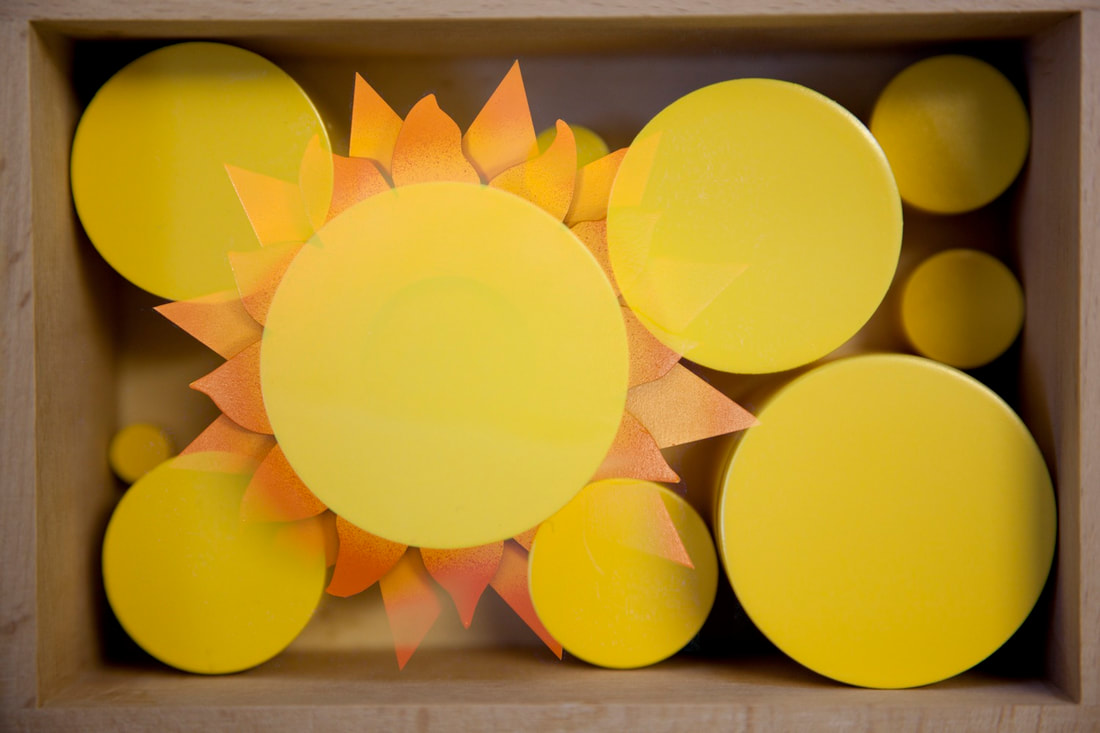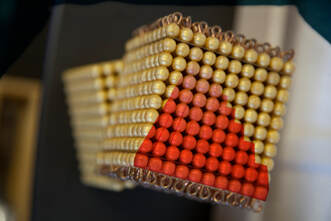Montessori and Autism Papers
Montessori - Play As TherapyPlay has historically been viewed as an indicator of the child’s level of development, (Eisert and Lamorey, 1996) and used to assess a child’s capacities rather than the child’s play skills. More recent research has supported the view that play is important in its own right and that it is supported by both intrapersonal and environmental factors (Parham and Primeau, 1997).
|
What is Autism?Autism never affects people in exactly the same way, but most people with an autistic spectrum condition/disorder will have difficulty with communication and how they experience the world around them. Therefore people with autism are highly individual in their needs for support and services.
|
Montessori and AutismIn the third of a four part series focusing on the education and care of children with Special Educational Needs within Montessori schools, Wendy Fidler explains how a prepared Montessori learning environment can help children with disorders on the autistic spectrum, including Autism, Asperger syndrome (AS) and Semantic Pragmatic Disorder (SPD).
|
Sensory Issues in the Montessori Class
More than 80% of our nervous system activity involves processing and organising sensory information. Some children with central nervous system dysfunction have undamaged areas of their brains ‘waiting’ to be stimulated through a sensory integrative approach. These children can benefit greatly from occupational therapy, and there is much we can do ourselves as practitioners in the Montessori class. Wendy Fidler gives us insights into the amazing web of sensory integration.




